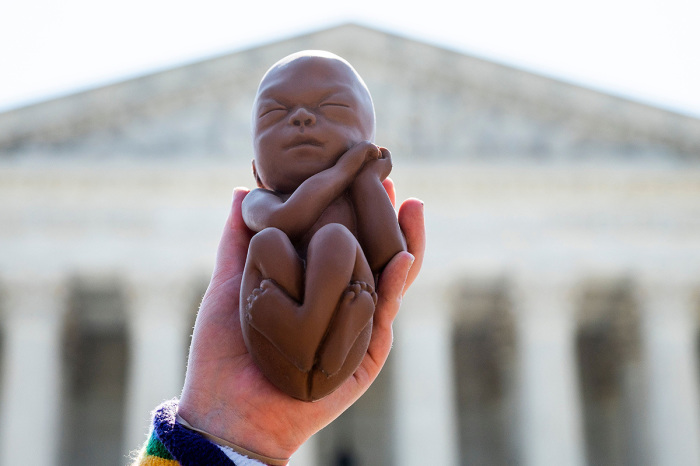Supreme Court rejects Biden admin. push to force Texas ER doctors to perform abortions

The United States Supreme Court has rejected the Biden administration’s request to appeal a ruling that prohibits them from forcing emergency room doctors to perform abortions in Texas.
In an orders list released Monday morning, the Supreme Court declined without comment to grant certiorari in the case of Becerra et al. v. Texas et al., which is centered on whether the federal government can interpret federal law to require emergency room staff to performing abortions.
By declining to take up the case, the Supreme Court leaves in place an appeals court panel decision from earlier this year that stops the Biden administration from requiring emergency facilities in Texas to provide abortions.
In July 2022, shortly after the Supreme Court had overturned Roe v. Wade, the U.S. Department of Health and Human Services, under the Biden administration, issued guidance claiming that the Emergency Medical Treatment and Labor Act required hospital emergency staff to provide abortions.
EMTALA was passed in 1986 and is centered on "public access to emergency services regardless of ability to pay," requiring hospitals enrolled in Medicare to provide everyone with medical services.
"Hospitals are then required to provide stabilizing treatment for patients with EMCs. If a hospital is unable to stabilize a patient within its capability, or if the patient requests, an appropriate transfer should be implemented," explains an EMTALA information page.
In response to the guidance, the office of Texas Attorney General Ken Paxton sued the Biden administration, being joined by the American Association of Pro-Life Obstetricians & Gynecologists and the Christian Medical & Dental Associations.
U.S. District Judge James Wesley Hendrix in Lubbock granted a preliminary injunction against the HHS guidance in August 2022, ruling that EMTALA “protects both mothers and unborn children, is silent as to abortion, and preempts state law only when the two directly conflict.”
“Since the statute is silent on the question, the Guidance cannot answer how doctors should weigh risks to both a mother and her unborn child. Nor can it, in doing so, create a conflict with state law where one does not exist,” Hendrix wrote.
“Texas law already overlaps with EMTALA to a significant degree, allowing abortions in life-threatening conditions and for the removal of an ectopic or miscarried pregnancy.”
In early January, a three-judge panel of the U.S. Court of Appeals for the Fifth Circuit unanimously ruled against the HHS guidance, with Circuit Judge Kurt D. Englehardt, a Trump appointee, authoring the opinion.
“EMTALA does not govern the practice of medicine,” wrote Englehardt. “While EMTALA directs physicians to stabilize patients once an emergency medical condition has been diagnosed … the practice of medicine is to be governed by the states.”
“EMTALA does not mandate medical treatments, let alone abortion care, nor does it preempt Texas law. The injunction squarely enjoins HHS from enforcing the Guidance and Letter regarding these two issues within the State of Texas and against the plaintiff organizations.”



























